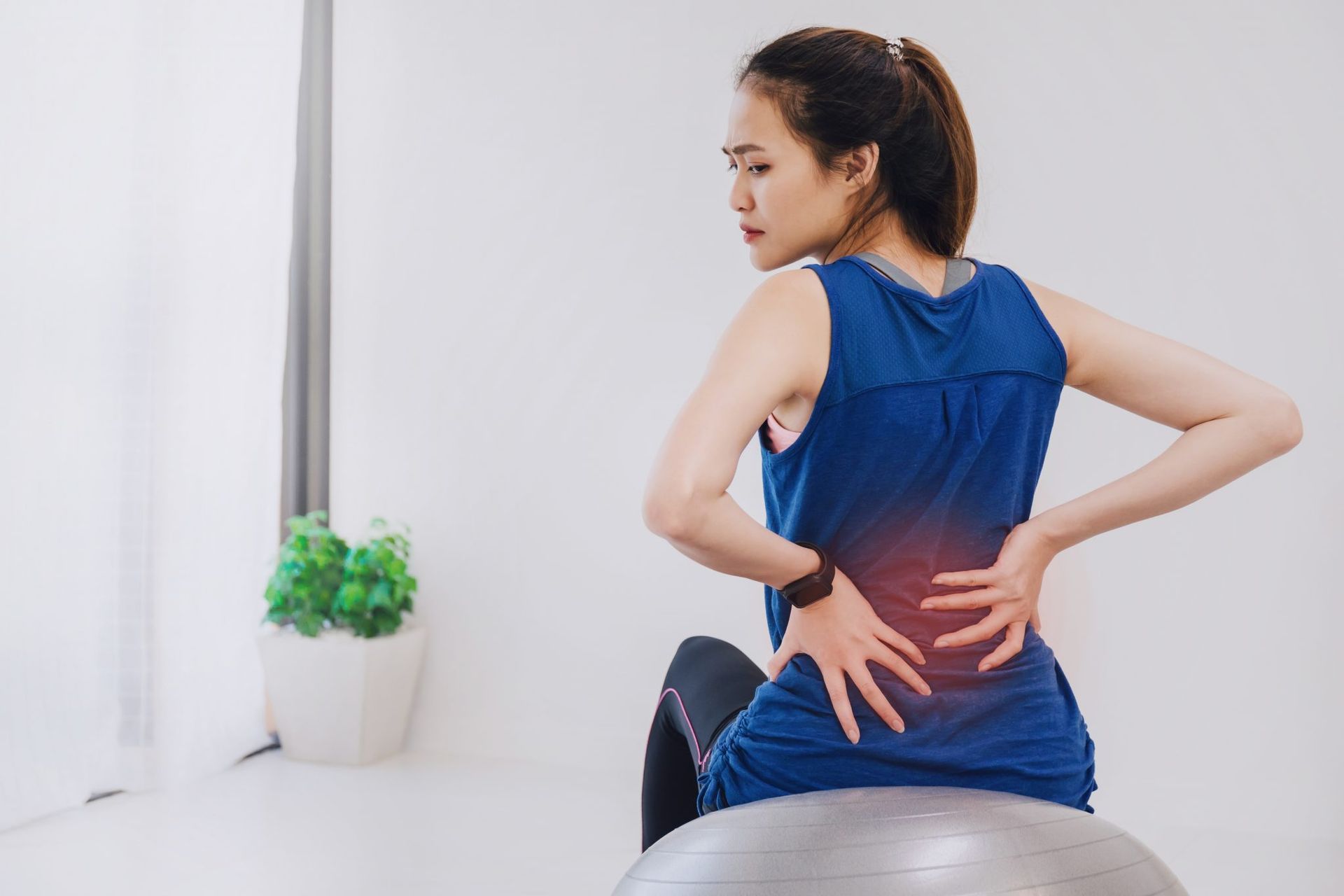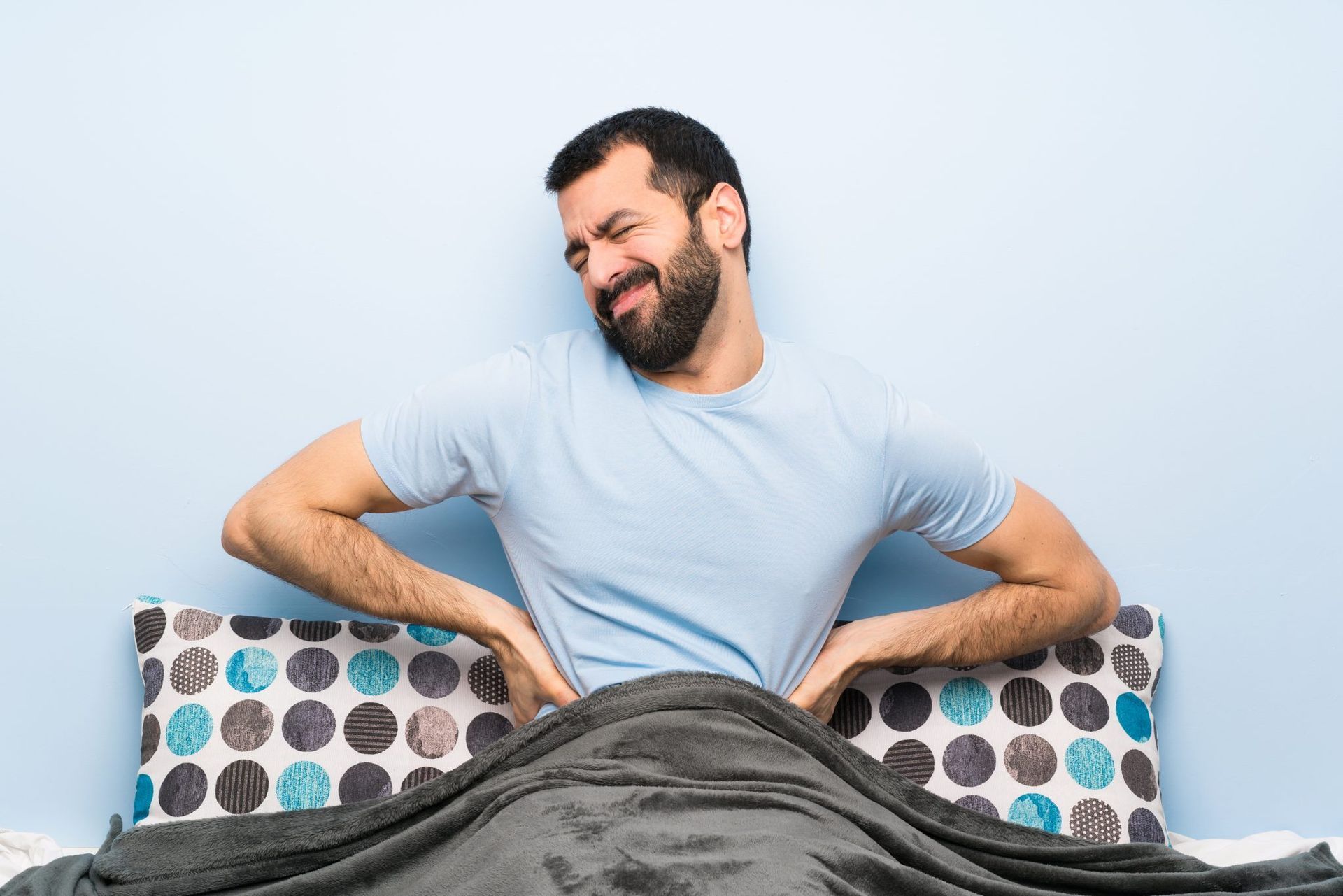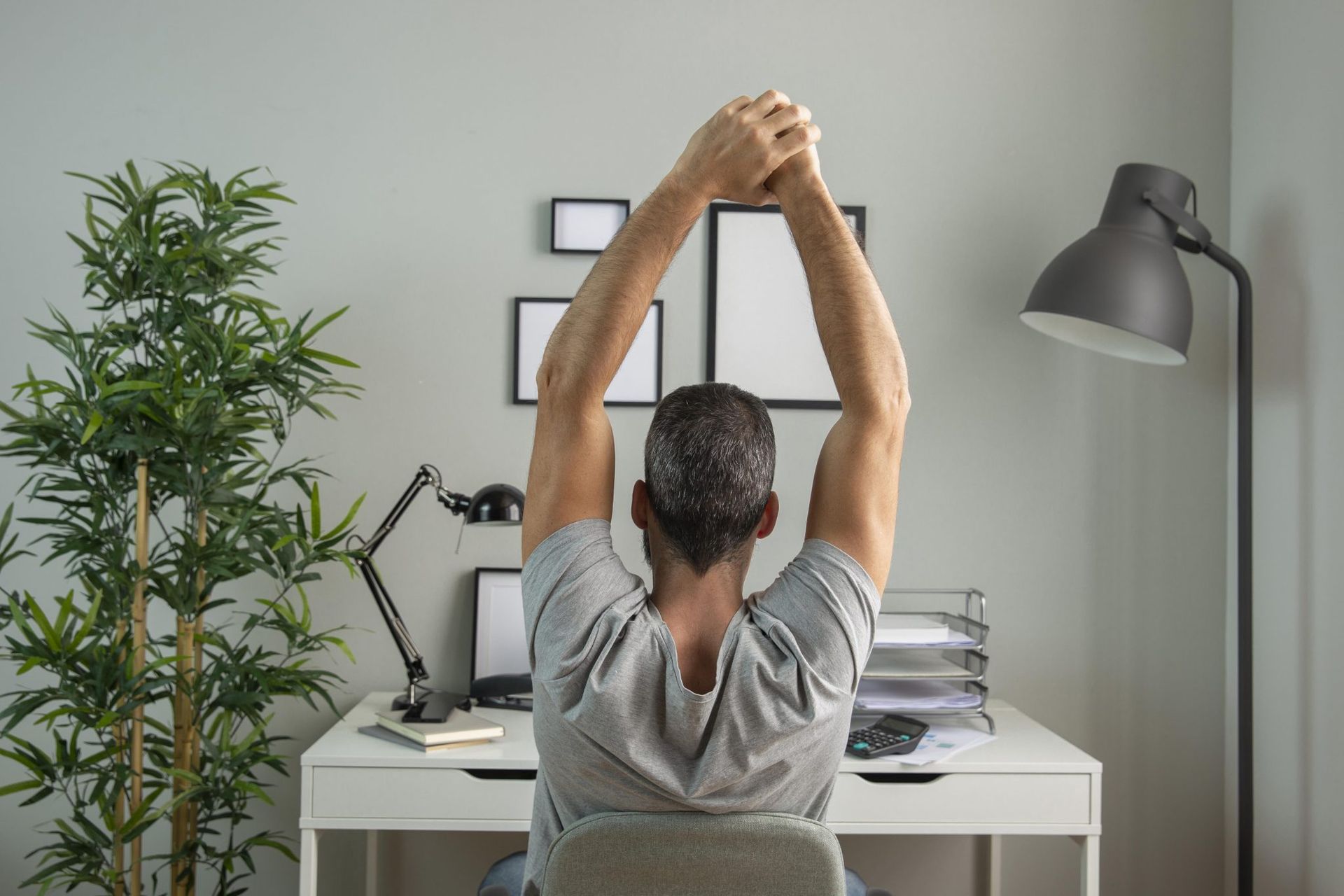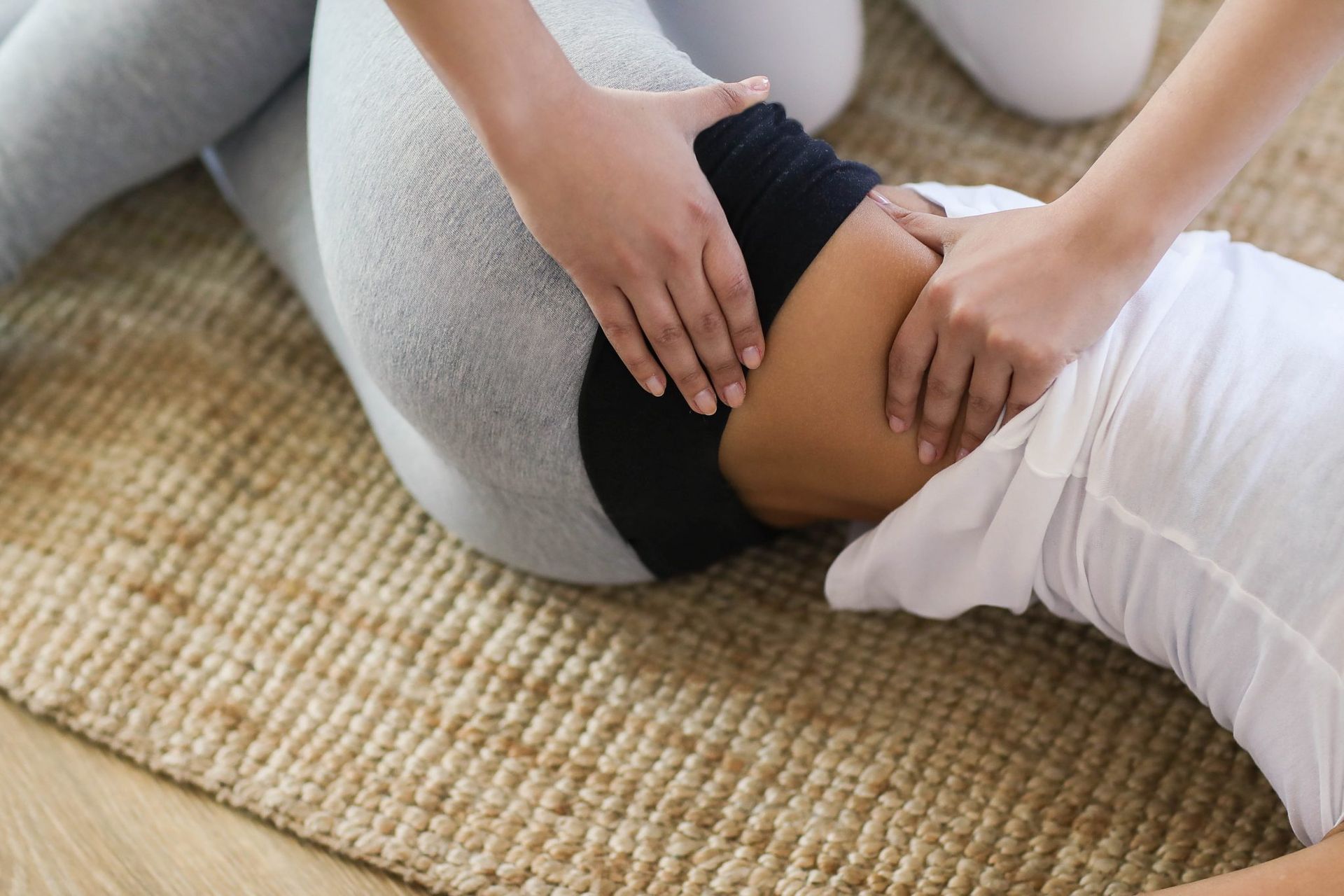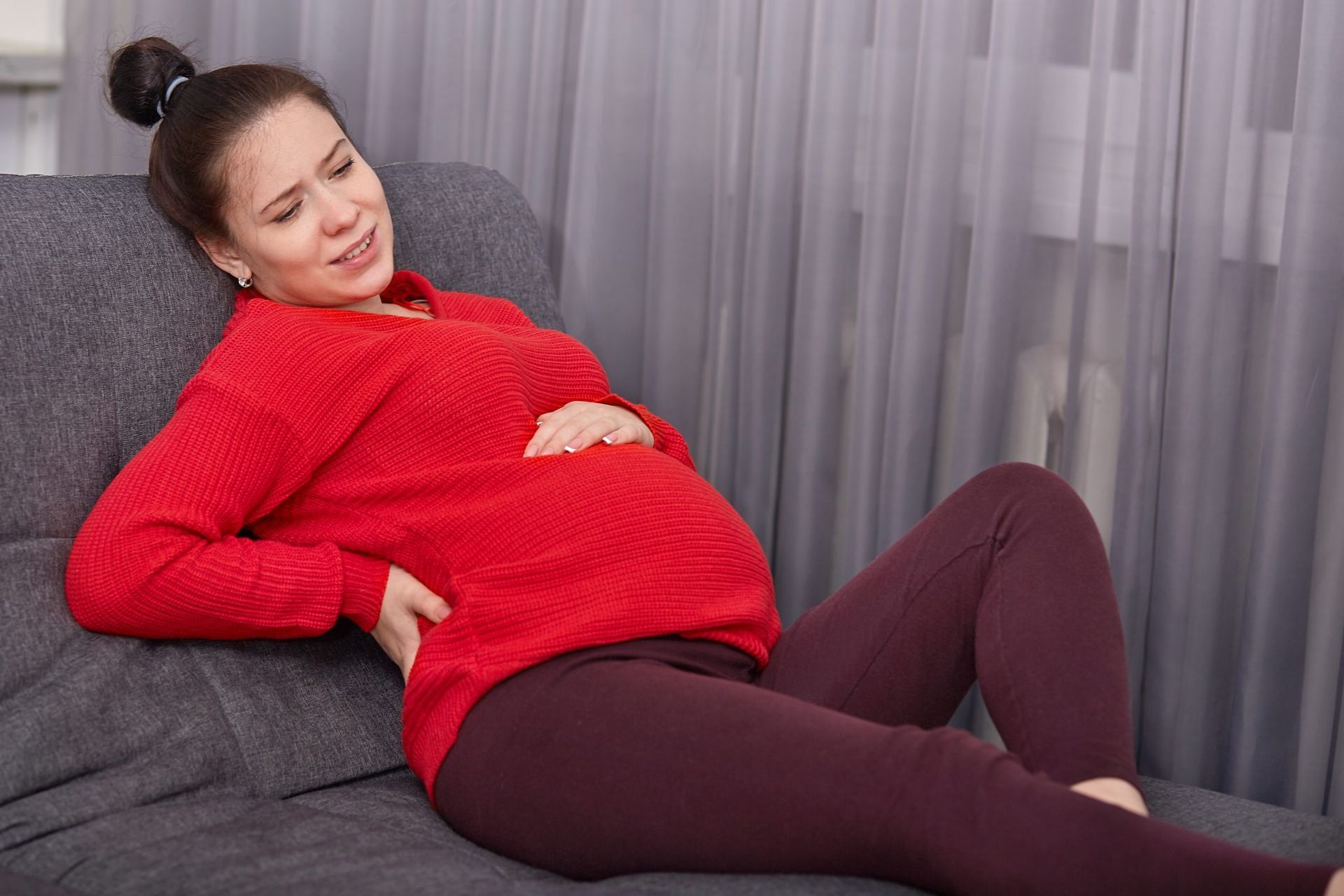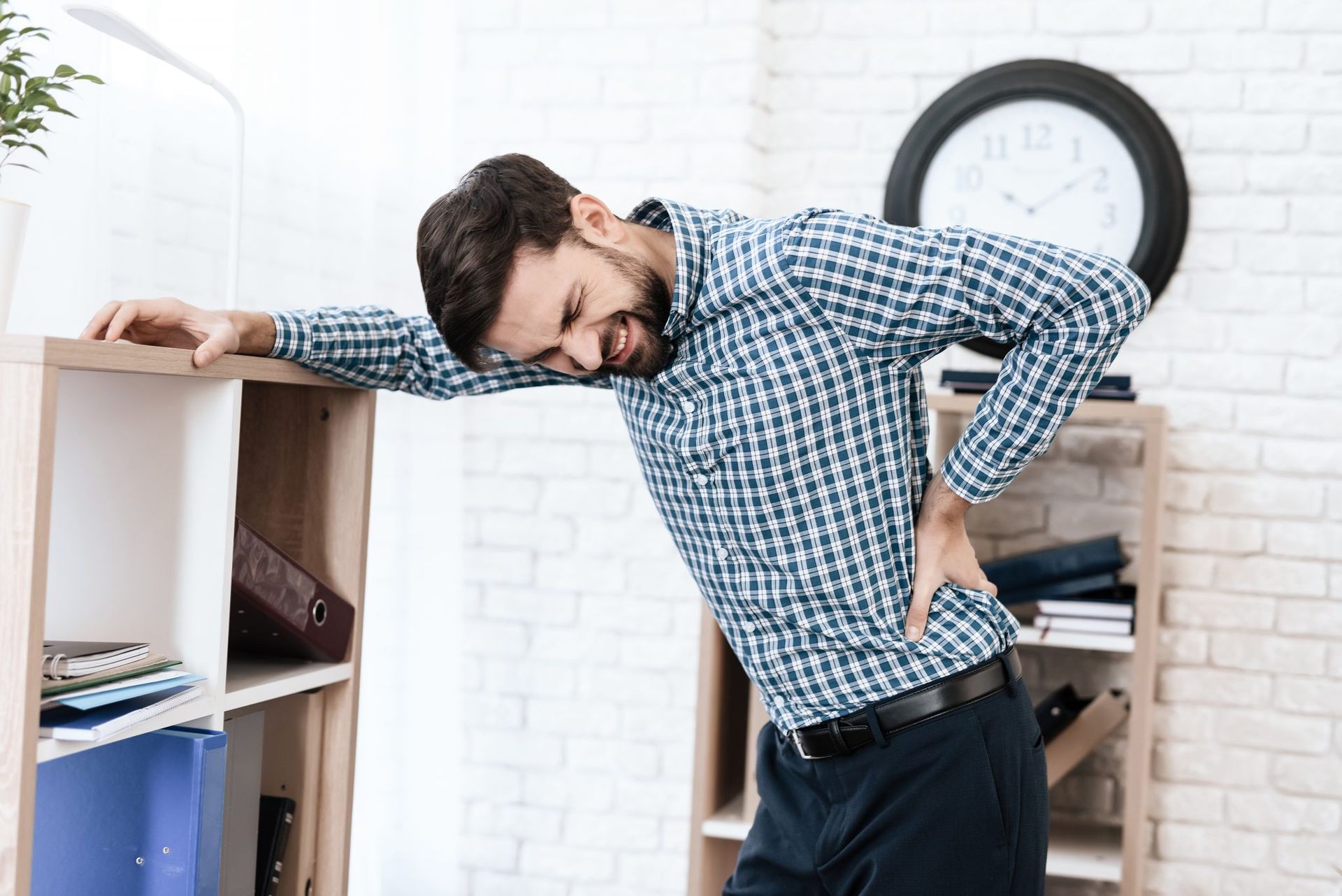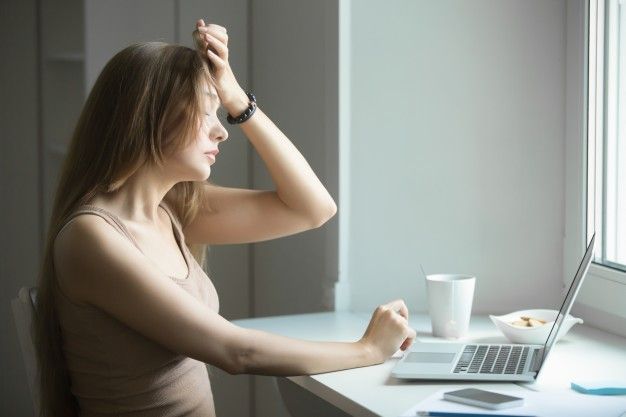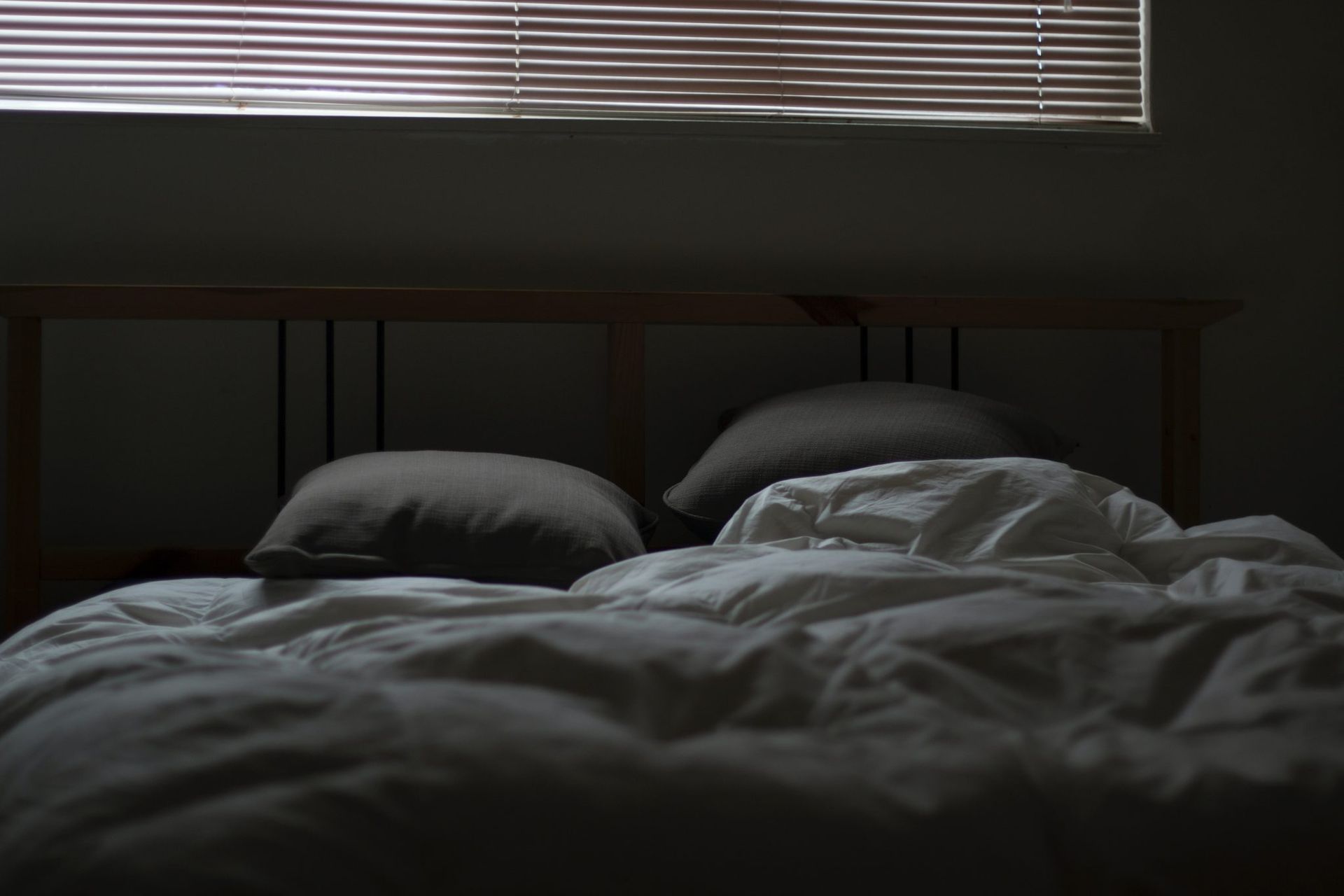How to deal with Herniated Disc?
How to deal with Herniated Disc:
A herniated disc is a condition that can occur anywhere along the spine, but most often in the lower back. It is sometimes called a protruding, bulging, or ruptured disc. It is one of the most common causes of lower back pain and leg or sciatica pain.
Although a herniated disc can be extremely painful, most people feel much better with only a few weeks or months of non-surgical treatment.
What Causes A Disc Herniation?
A herniated disc can be caused by:
- Disc wear and tear: As you get older, the discs dry up and become inflexible.
- Spinal injury: This can cause small cracks or tears in the hard outer layer of the disc. If it happens, the thick gel inside the disc can be expelled by tears or cracks in the disc’s outer layer. This causes the disk to bulge or break.
How Is a Herniated Disk Treated?
Symptoms of a herniated disc usually improve within a few weeks or months. To help you recover:
- Rest if you are in severe pain: Otherwise, stay active. Staying in bed for more than a day or two can weaken your muscles and make the problem worse. Walking and other light activities can help.
- Do the exercises: As suggested by your doctor or physiotherapist. This will help keep your back muscles strong and prevent further injury.
- Use a heating pad: Try using it in a low or medium setting every 2 or 3 hours for 15-20 minutes. Take a warm shower instead of a heating pad session. You can also try an ice pack for 10-15 minutes every 2-3 hours.
- Ask your doctor about medications: To relieve pain and to treat your symptoms, try some medication. Medication will not cure a herniated disc, but it can help with pain and swelling.
A herniated disc usually heals on its own with time. Be patient and follow your treatment plan. If your symptoms do not improve within a few months, you can talk to your doctor about the surgery.
Can A Herniated Disc Be Prevented?
After a back injury, you are more likely to have back problems in the future. To keep your spine healthy:
- Keep a good posture: When standing or walking, keep your shoulders back and down, your chin back, and your abdomen inward. This supports the lower back.
- Protect your back when lifting: For example, lift with your legs, not with your back. Do not bend forward at the waist when lifting. Bend your knees and squat.
- Exercise regularly: Gentle exercise and activities can help relieve the pain of a herniated disk. Exercise can also strengthen and improve the flexibility of the spine, neck, and back.
- Do not smoke: Smoking increases the risk of a disc injury.
- Maintain a healthy weight: This can reduce stress on the lower back.
The Takeaway
In many cases, patience and time (and perhaps medication) are sufficient to relieve the pain of a herniated disc. However, some symptoms require medical attention. If you experience symptoms of acute disc herniation, contact your physician or spine specialist immediately. A spine specialist will help you determine the root cause and severity of a herniated disc and devise a treatment plan that reduces pain and long-term complications.
Contact us today! We look forward to working with you so that you can live a life of complete health and vitality.
The post How to deal with Herniated Disc? appeared first on Leon Chiropractic.
